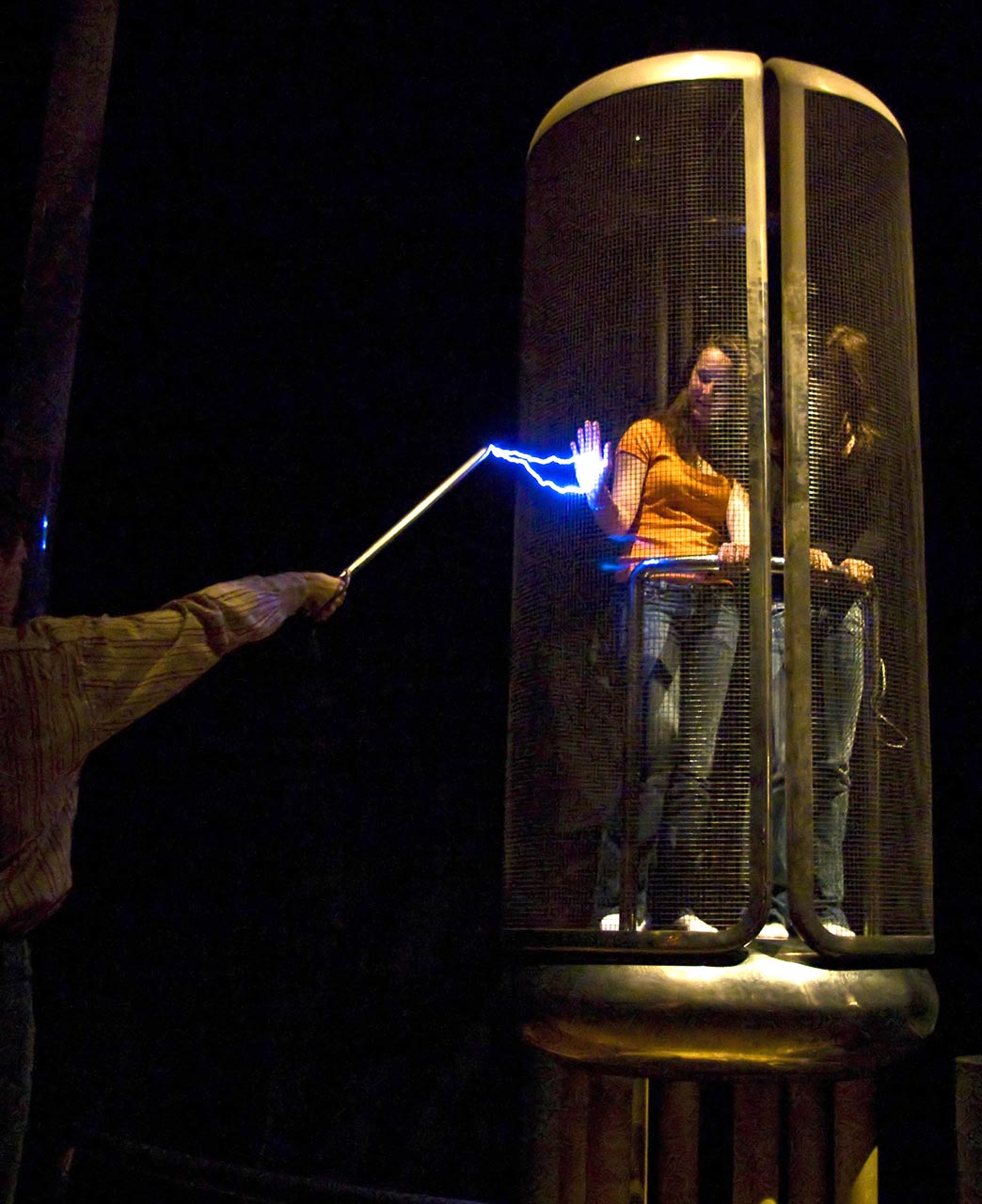February 1, 2015, by Brigitte Nerlich
Science communication and ‘vulgarisation scientifique’: Do words matter?
 A Spanish colleague and friend recently sent me a Portuguese caricature about ‘science communication’ with the following title: “Como a maioria do jornais divulga ciência” (How the majority of newspapers disseminate science). I’ll only translate the first two panels, as the third one is a bit coarse:
A Spanish colleague and friend recently sent me a Portuguese caricature about ‘science communication’ with the following title: “Como a maioria do jornais divulga ciência” (How the majority of newspapers disseminate science). I’ll only translate the first two panels, as the third one is a bit coarse:
Scientist: We have destroyed 10% of cancerous cells in the tail of a guinea pig. Journalist: Cancer cured!!
Scientist: We have not cured cancer. We are just moving faster towards a treatment in the future. Journalist: Time travel has been discovered!!
At the same time I came across this wonderful French website related to ‘science communication’ and physics. It appeared in my twitter stream on 31 January: “Science&You 2015 retweeted; Culture Science @CultureSci; La physique vulgarisée par @jubobroff c’est à découvrir sur http://www.vulgarisation.fr et il sera à nouveau à Nancy lors de @Science_and_you !”
Reading about divulgação científica and vulgarisation scientifique made me think about science communication from a more linguistic point of view….
False friends?
Coincidentally, the friend who sent me the cartoon is a linguist and philosopher who specializes in ‘false friends’, that is to say, pairs of words or phrases in two languages or dialects that look or sound similar, but differ in meaning. One can argue that French vulgarisation and English vulgarisation are partial false friends. The English word mainly means ‘the act of rendering something coarse and unrefined’ while the French word means ‘the act of making something attractive to the general public or to popularise something’ (see here).
Does it matter that we speak in such different (but also similar) ‘languages’ about science communication? Can this lead to miscommunication and misunderstanding? I really don’t know. I just want to pose the question.
Words and debates
In the English speaking world science communication is a ubiquitous but also contested notion, as to some it reeks of the ‘deficit model’, where providing knowledge is equated with ignoring or looking down on the knowledge that people already have.
In the French speaking world vulgarisation scientifique is a phrase in common use and has a long history; but, although I haven’t been to France for a while, I bet there are debates about that word and concept, as it might suggest a process of de-purifying scientific knowledge; it might be seen as outdated and so on.
In 2010 Bernadette Bensaude-Vincent, the well-known French philosopher of science, wrote an article on this notion in which she argues that “science popularisation is an historical notion, rooted in a specific context of relations between science and society. « Vulgarisation », a notion characteristic of the twentieth century is contrasted with the nineteenth-century movement of popular science, on the one hand, and the emerging model of citizen science, on the other hand. Their respective assumptions and interests at stake will be outlined in order to identify various regimes of science communication and to understand the changes under way in the early twenty-first century.”
As for the Spanish divulgación científica or indeed the Portuguese divulgação científica, I would have to ask some native speakers about how these phrases may be discussed by ‘science communicators’ and their critics in Spanish and Portuguese speaking countries. Do they evoke dissemination more than engagement and do they therefore come in for some criticism?
‘Science communication’ in Europe
Does it matter how we speak about science communication? Does it influence what Bensaude-Vincent called ‘various regimes of science communication’? Do the different words and phrases we use in Europe make a difference (and I haven’t even talked about Wissenschaftskommunikation or Επικοινωνία της επιστήμης or…...), or is the debate about science communication across Europe the same despite the different words? Does it evoke the same hopes and criticisms?
Do these words/phrases make us see the world in which people engage with each other in order to enjoy science, understand science better, discuss the latest scientific controversies and so on look different? And do they therefore make people act and engage differently? And finally: Is there room for comparative/linguistic/geographical studies of ‘science communication’ and science communication regimes or debates across Europe?
Added 2 February, 2005: Interesting tweet from : Julien Bobroff @jubobroff 13 hours ago
@BNerlich old debate “vulgarisation” vs “mediation”. Outreach professionals love mediation. But general public doesn’t understand it.
Image: Expérience de la cage de Faraday au Palais de la découverte

Thank you for this, I (French guy) was having this conversation we th my wife (New Zealander) and your explanation resolved it all.